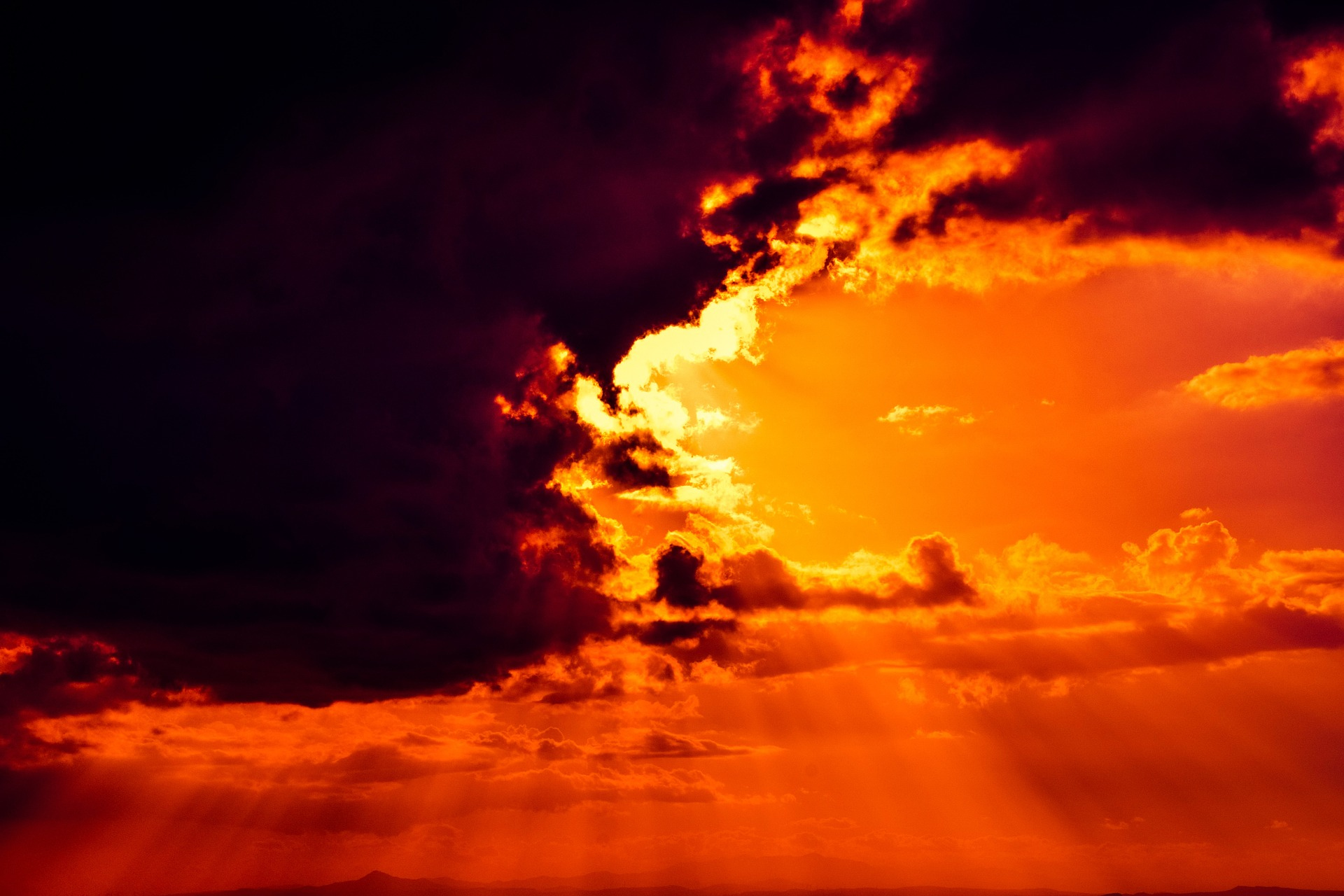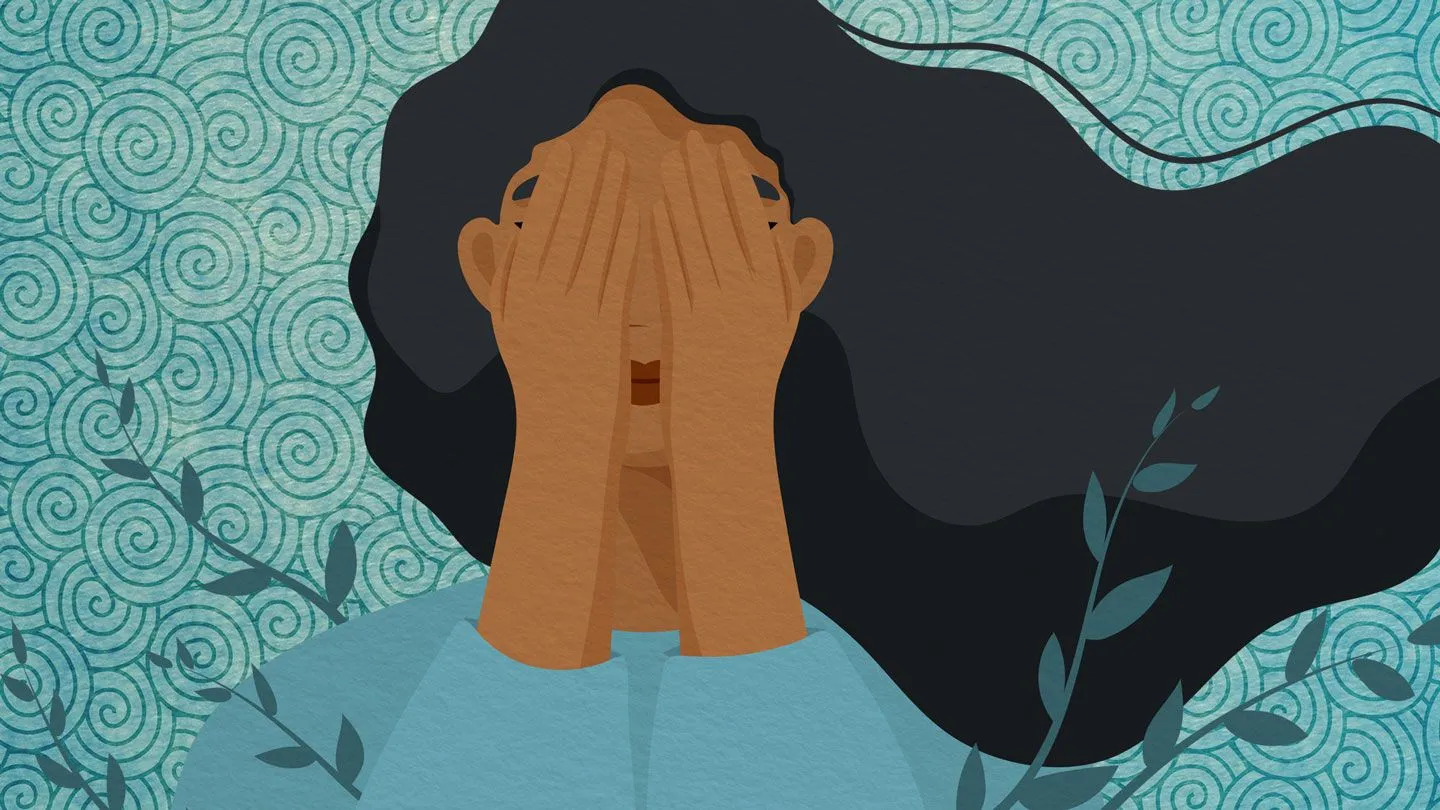In the Bhagavad Gita, God says that whenever there is a decline of righteousness, and rise of unrighteousness, He manifests Himself for the protection of the good, the destruction of the wicked, and for the establishment of righteousness.
Many wonder when God does come to this world to redeem suffering humans. How long must we wait before God comes to save us, they ask. On the other hand, those who are relatively happy with their life do not see any need to remember God, let alone for Him to come to this world. There are still others who believe that it is foolish to put faith in God, and humans must work to bring about the change they want.
The teachings of the Gita are universal, and its message of solace, freedom, salvation, perfection and peace is for all. It is the only scripture in which God speaks in the first person. So, the Gita’s message of God’s incarnation must carry deep significance.
The Gita does not mention a date for God’s arrival on Earth. Instead, it hints at the conditions that will necessitate divine intervention. What do decline of righteousness and rise of unrighteousness mean?
If we look around us, we see numerous signs of moral corruption. Honesty is optional, and simplicity, modesty, and tolerance are not seen as virtues at all. Instead, success by any means, fair or foul, is the current mantra. These are some of the signs mentioned in the Quran which indicate that the time for change in the world is near.
On a wider level, the environmental crisis has convinced a lot of people that things are past the point of no return and human efforts cannot stop or reverse climate change, which will have catastrophic consequences for life on the planet.
In the economic sphere, the policies followed in most of the world are increasing inequality, with a privileged few getting richer while the vast majority of people find their dreams of even a life of basic comforts becoming increasingly difficult to realise.
Politically, we have populist leaders in many nations promising new opportunities for those left behind by globalisation. But their promises are often laced with undercurrents of nationalism that harp on race or religion and keeping out or expelling ‘outsiders’. Their policies are sharpening divides in societies and increasing tensions between communities.
It is into such a polluted, fractious world that God must come to restore it to its original, pure and peaceful state and save His children. The Gita makes it clear that God has to come in person to perform this task. Humans cannot attain salvation by reading the Gita or any other scripture. In fact, the Gita states that one cannot even know God by performing religious rituals.
God comes to this world in a human medium, through whom He gives spiritual knowledge to human beings, who use it to free themselves and others from the influence of vices. When souls are thus purified, the quality of their thinking and actions changes. Their relationship with the self, others, and nature becomes harmonious. When a critical number of people change in this way, the world turns from hell to heaven.
B.K. Dr. Savita is a Rajyoga teacher at the Brahma Kumaris headquarters in Abu Road, Rajasthan.























